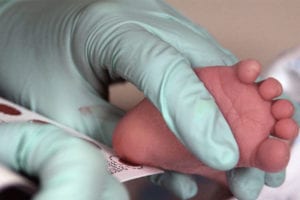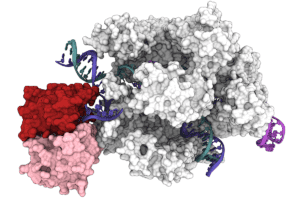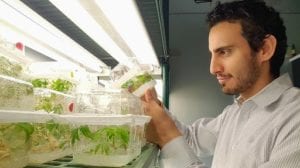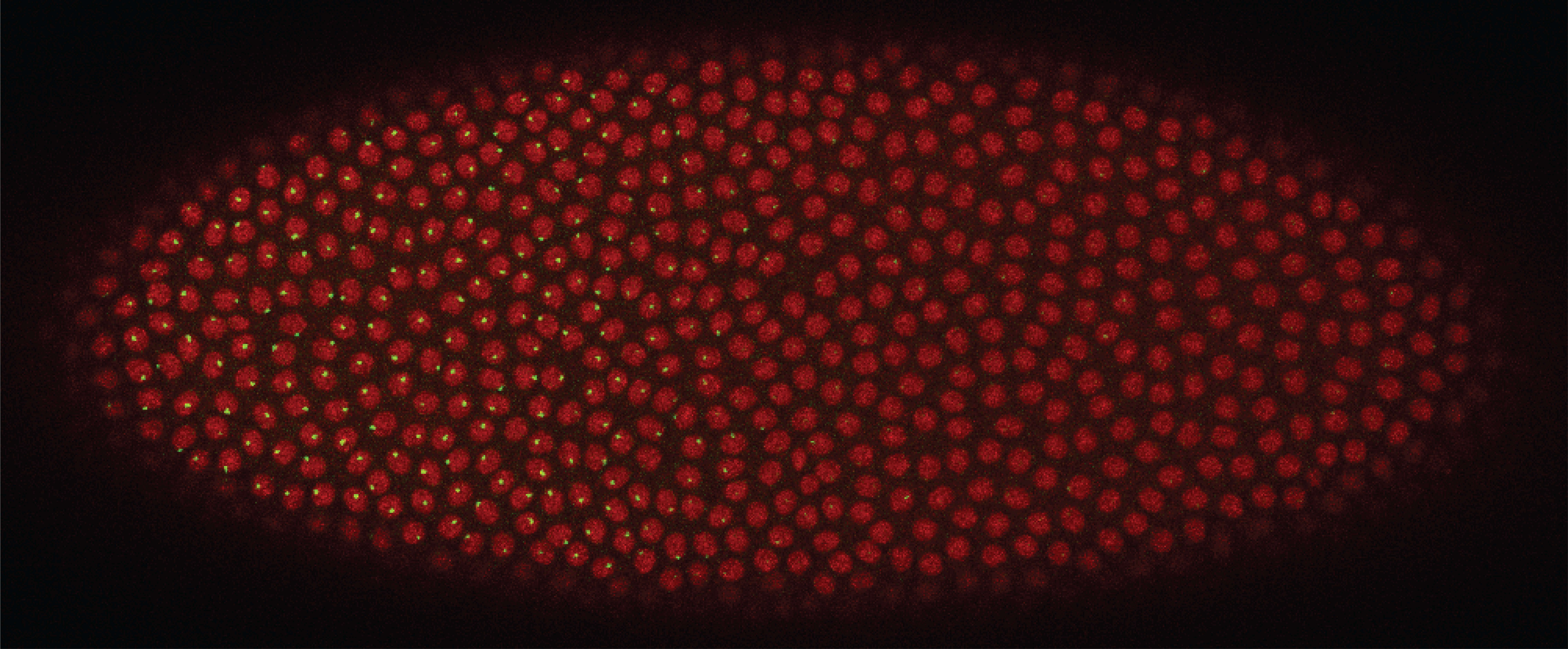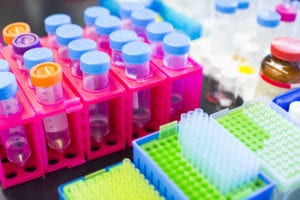
Nano-sized sensors learn new biological tricks
September 02, 2020
Christopher Jackson, a graduate student in the Landry Lab at QB3-Berkeley, explores how a better understanding of nanotechnology interactions with biological systems can improve neuroimaging and COVID-19 testing.
